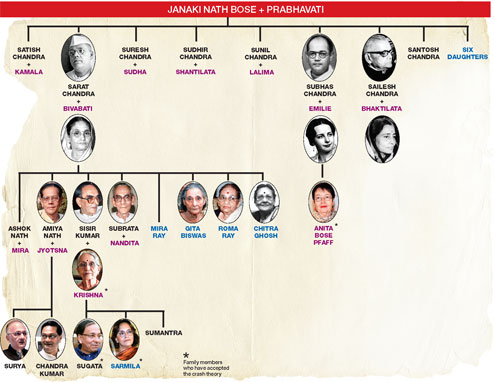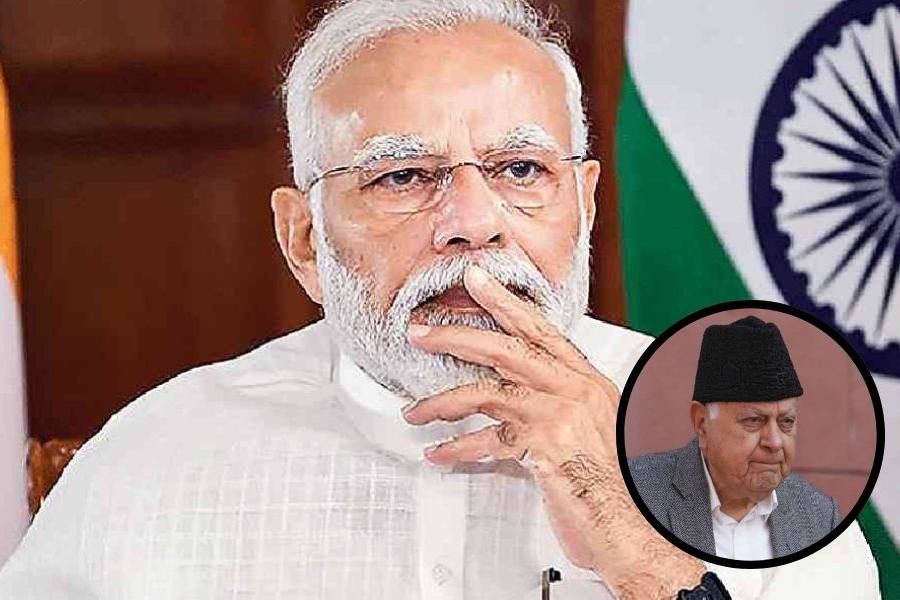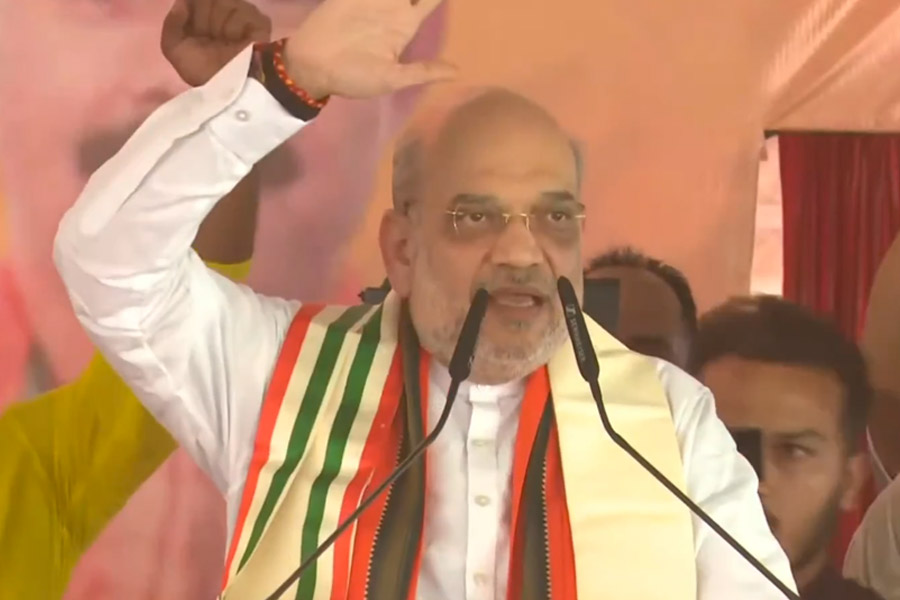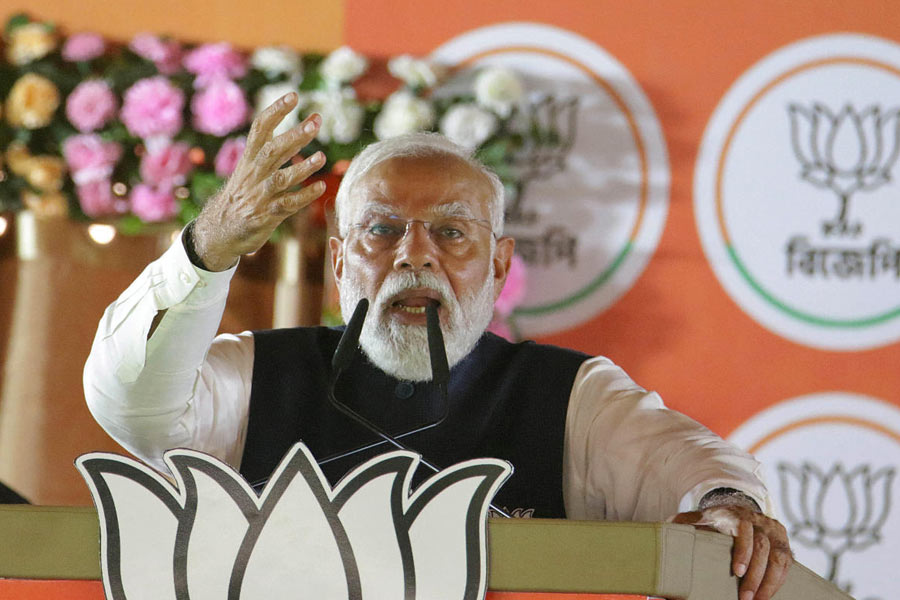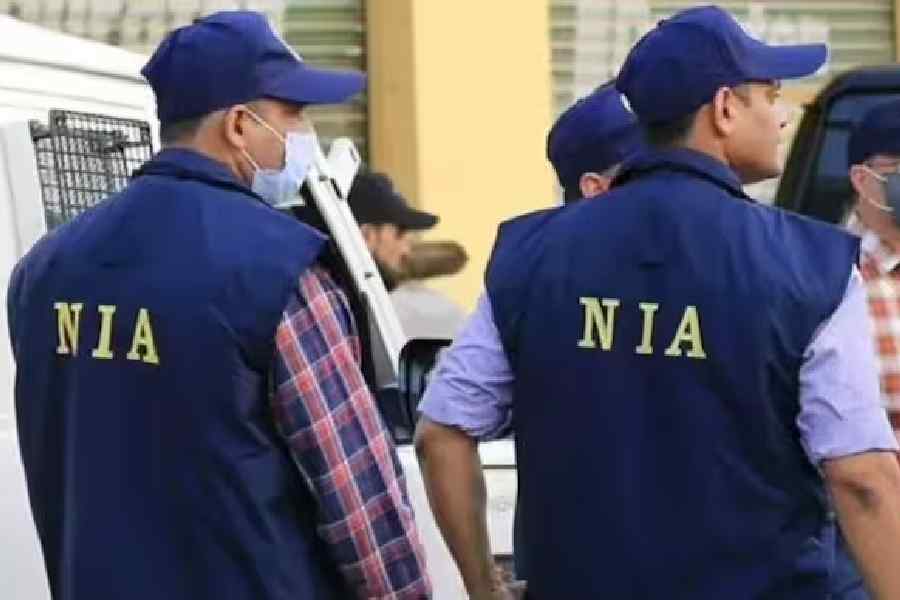 |
 |
 |
| Bose, Marconi senior and Marconi junior |
The inventor of radio is set to get his due from the grandson of the man who is said to have usurped the credit.
Guglielmo Marconi had probably interacted with Sir Jagadish Chandra Bose in the spring of 1899 in London before sending and receiving the first wireless message across the Atlantic in 1901.
“We haven’t yet found any documentation on this meeting but work is on to find details of their collaboration,” said Francesco Paresce Marconi, the grandson of Guglielmo.
Marconi, a senior astronomer at the European Southern Observatory, in Munich, will set the record straight on the invention of radio while delivering a lecture at Bose Institute on Sunday.
The lecture — aptly titled Marconi, Bose and the Telecom Revolution — will mark the 150th birth anniversary of the multifaceted scientist from Bengal.
“There is no doubt about the contribution of Bose, and other scientists such as Heinrich Hertz and Oliver Lodge, to the fundamentals of radio communication,” Marconi told Metro over the phone from Munich.
The son of Degna Paresce Marconi, senior Marconi’s eldest daughter, earlier visited the city in 2006 and was “astounded” to find at Bose Institute the detector or coherer that his grandfather had used to receive the transatlantic wireless signal. “The instrument was critical to radio communication,” acknowledged Marconi.
The Telegraph had on October 31, 1997, reported that an investigation by the US-based Institute of Electronic and Electrical Engineers had revealed that the iron-mercury-iron coherer used by the Italian in his experiment was discovered by Bose.
On the website of the Marconi International Fellowship Foundation, the grandson admits that the senior Marconi “had not invented anything really new… what was new was the use to which he put the old concepts and techniques in order to exploit them for a very practical purpose… He was not a great scientist... but could foresee the commercial potential of wireless telegraphy”.
Bose, on the other hand, was “vehemently opposed to taking patents on his invention”, said Sibaji Raha, the director of Bose Institute.
Bose’s attitude was like the ancient sages of India, thinks physicist Meher Engineer. “He had worked with millimetre waves but did not continue with his research in the area,” said Engineer.
“But Marconi should get the credit for making his radio frequency waves — the wavelength was much longer than Bose’s waves — travel across the Atlantic.”
Still, Bose should be considered one of the founding fathers of radio transmission, said physicist Dipankar Home. “Bose should have got at least two Nobel prizes — for his work with millimetre waves and for his pioneering research in semi-conductor physics.”
“He was a genius, far ahead of his time,” said Marconi.

